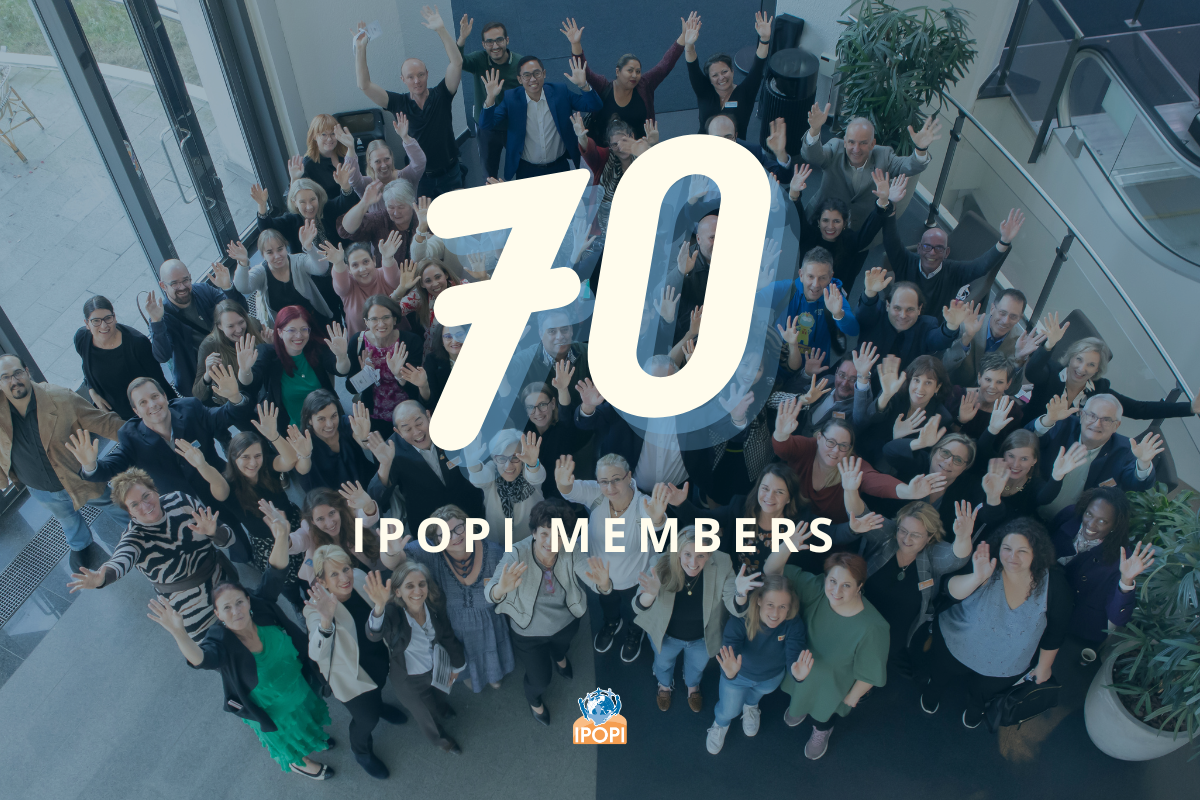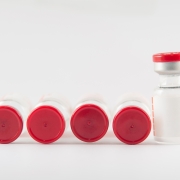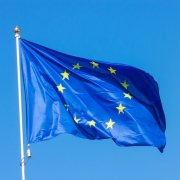New statement: Patients with PIDs should have access to safe, efficacious and high-quality immunoglobulin therapies
Key publications, News /by IPOPIIPOPI celebrates 70 members!
News
We are excited to share the news of reaching a significant milestone: the IPOPI family has now grown to 70 members! We extend a warm welcome to the Lithuanian Society of Primary Immunodeficiencies (IMUNAS), as the latest member of our network of national member organisations.
Patient organisations play a crucial role in enhancing access to early diagnosis, optimal treatment, and ultimately the quality of life for individuals affected by primary immunodeficiencies (PIDs). Our members act as essential sources of support, empowering patients with information and resources, while amplifying the voice of PID patients within their country. With Lithuania’s inclusion, IPOPI extends its boundaries, uniting patient groups to collaborate with stakeholders for improved care and support worldwide.
Are you interested in starting a PID patient organisation in a country where there is none?
We encourage individuals and groups passionate about making a difference to consider establishing their own national PID patient organisation. We invite you to reach out to us at miriam@ipopi.org.
Together, we can create a more impactful network, advocate for change, and ensure that PID patients around the world receive the support and recognition they deserve.
Let’s continue to build on this momentum and drive positive change for the PID community!
Contact us
Belgium
Avenue Louise/Louizalaan 65, Bte 11
BE-1050 Brussels, Belgium
IPOPI aisbl is an international non-profit association registered in Belgium
Numéro d’entreprise
BE 0761.784.055
Email: info@ipopi.org
Tel: +32 2 790 73 66 (Belgium)






